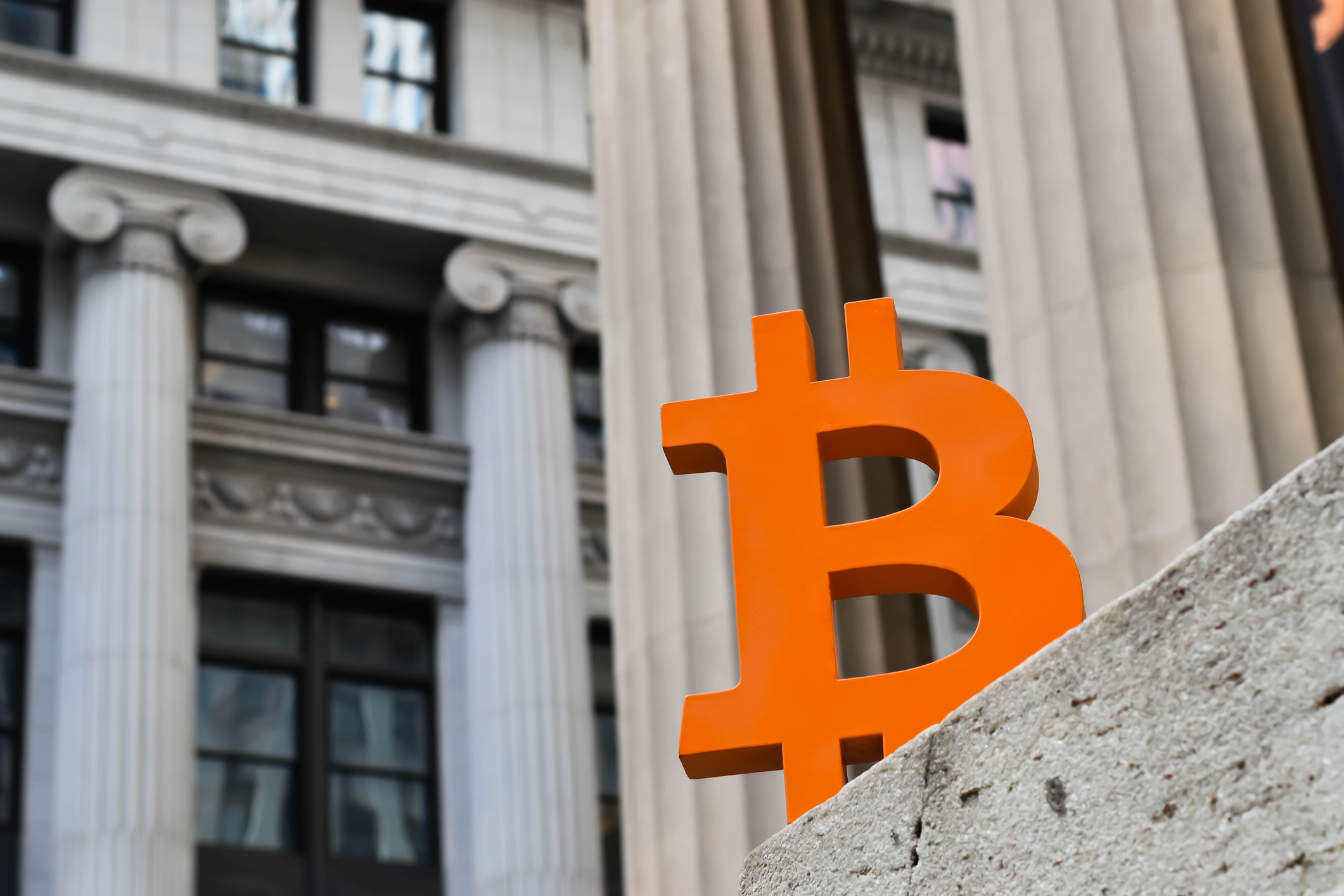
A government-backed reserve could legitimize Bitcoin as a store of value, encouraging more institutional and individual investors to enter the market. Government endorsement could encourage further development of cryptocurrency infrastructure and technologies, further solidifying Bitcoin's position. Some proponents assert that a crypto reserve could help diversify national reserves, potentially making them more resilient to financial shock.
What is a Strategic Bitcoin Reserve?
The U.S. Strategic Bitcoin Reserve aims to store Bitcoin as a valuable asset for long-term strategic purposes. It's intended to act as a store of value, protecting against economic instability and inflation. The reserve could also serve as a way for a government to diversify its holdings and hedge against financial risks.
The fund is a reserve asset created by the U.S. government, consolidating all Bitcoin it owns, including those seized through criminal and civil forfeitures, under an executive order signed by President Donald Trump in March 2025. This reserve treats Bitcoin as a store of value, similar to gold, and is intended to be held as a reserve asset, not sold. The government is authorized to explore budget-neutral strategies for acquiring additional Bitcoin, but these strategies must not impose incremental costs on taxpayers.
The Strategic Bitcoin Reserve will primarily hold Bitcoin while the Digital Asset Stockpile is intended to manage all other digital assets owned by the U.S. government, including those obtained through the same forfeiture processes.
How does a Strategic Bitcoin Reserve work?
A Strategic Bitcoin Reserve is expected to function similarly to other reserves like gold or foreign currencies, serving as a store of value and a potential hedge against economic instability. The U.S. government plans to hold Bitcoin as a long-term asset, not selling it and potentially utilizing it to achieve governmental objectives.
The reserve would be initially funded by the Bitcoin already seized by the U.S. government through criminal or civil asset forfeitures. The secretaries of Treasury and Commerce are authorized to develop budget-neutral strategies for acquiring additional Bitcoin, meaning they can explore ways to add to the reserve without spending additional taxpayer money.
In addition to the U.S., several other countries are accumulating Bitcoin as a strategic reserve. Countries including El Salvador, Bhutan, and China are either holding Bitcoin as a legal tender or seizing it from criminal activities. For example, El Salvador has made Bitcoin legal tender and has accumulated significant reserves. Bhutan has a state-owned Bitcoin mining operation and is accumulating reserves through this process. China has seized large amounts of Bitcoin from criminal activities and is believed to be holding a significant portion, although details have not been publicly released.
What are possible benefits of a Strategic Bitcoin Reserve?
Bitcoin, like gold, can be held as a store of value, holding its purchasing power over time, especially during periods of economic uncertainty. Adding Bitcoin to the government's assets theoretically diversifies its holdings, reducing reliance on traditional assets like the U.S. dollar, a fiat currency. Bitcoin's price can fluctuate, but some believe it can act as a hedge against inflation, since its value may rise as the value of the dollar erodes. The U.S. government may see Bitcoin as a valuable asset in its own right, potentially using it for strategic purposes in the future.
By controlling a portion of the global Bitcoin supply, the U.S. could potentially strengthen its position in the international financial landscape. In essence, a Strategic Bitcoin Reserve is intended to be a tool for economic stability and a way to diversify the U.S. government's financial holdings, while also potentially playing a role in the nation's overall strategic goals.
Proponents argue that the reserve can act as a hedge against financial instability, particularly in a hypothetical future where cryptocurrencies replace traditional currencies. Some view Bitcoin as a diversification tool against dollar debasement and inflation. There's an argument that a Bitcoin investment could help pay down the national debt, but this is contingent on the price of Bitcoin, among other factors.
Related investing topics
The bottom line on a Strategic Bitcoin Reserve
The announcement of the U.S. Strategic Bitcoin Reserve has been met with a mix of reactions, from bullish expectations in the crypto market to concerns about the practical benefits and risks. The Strategic Bitcoin Reserve will consolidate all Bitcoin currently held by the U.S. government. The reserve is intended to strengthen the U.S. dollar, potentially reduce the national debt, and position the U.S. as a leader in digital asset strategy.
Critics question the wisdom of tying the nation's financial future to a volatile asset like Bitcoin, and raise concerns about potential conflicts of interest and the lack of transparency in the process. If the government doesn't actively purchase more Bitcoin, the impact on price may be limited, since the reserve would only hold existing seized assets. Some argue that the inherent volatility of Bitcoin makes it an unsuitable asset for a reserve, potentially leading to losses for the government.
The exact implementation details of the U.S. Strategic Bitcoin Reserve are still being worked out, including how the government will acquire additional Bitcoin beyond what it already holds, and how the reserve will be managed.



















